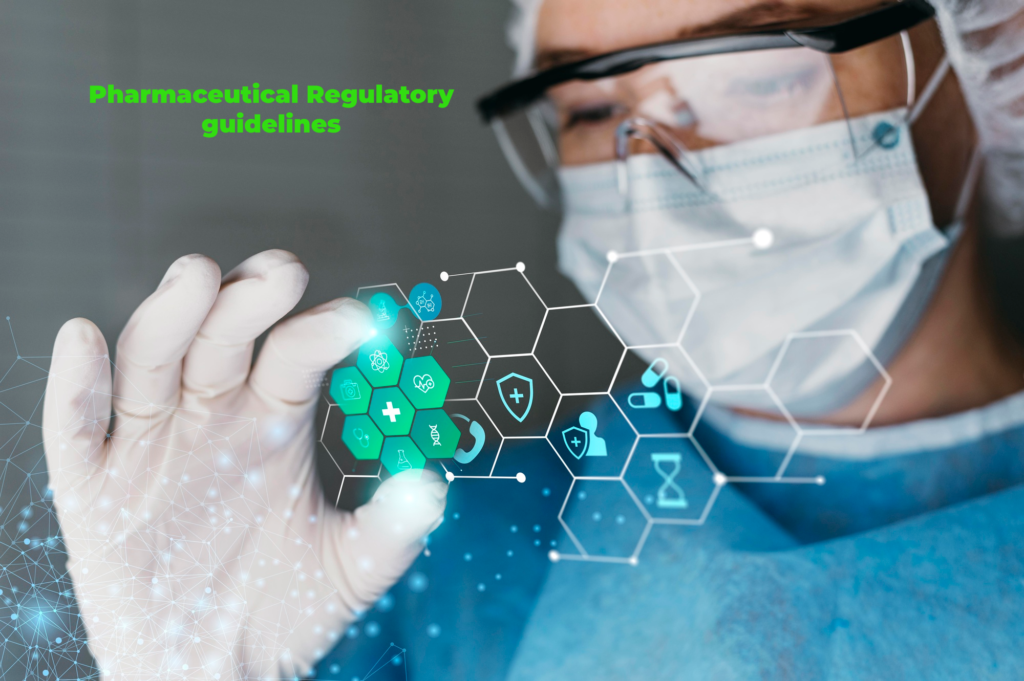Introduction:
The pharmaceutical Research and Development (R&D) sector is witnessing a transformative era marked by rapid advancements and paradigm shifts. As professionals seek opportunities in this dynamic industry, staying abreast of the latest trends becomes crucial. In this article, we delve into key aspects to discuss during a pharmaceutical R&D interview, shedding light on the cutting-edge trends shaping the future of drug development.
1. Integration of Artificial Intelligence (AI) in Drug Discovery:
1.1 Overview:
AI is revolutionizing drug discovery by expediting the identification of potential drug candidates. Discuss the role of machine learning algorithms and predictive modeling in streamlining the early stages of R&D.
1.2 Key Points for Discussion:
- Integration of AI in target identification and validation.
- Use of AI-driven platforms for high-throughput screening.
- Enhanced efficiency in lead optimization through computational methods.
2. Personalized Medicine and Precision Therapeutics:
2.1 Overview:
The move towards personalized medicine is reshaping pharmaceutical R&D, allowing for tailored treatment approaches based on individual patient characteristics. Explore the significance of genomics, biomarkers, and precision therapies.
2.2 Key Points for Discussion:
- Integration of genomics data in drug development.
- Advancements in biomarker identification and validation.
- Challenges and opportunities in developing targeted therapies.
3. Acceleration of Vaccine Development:
3.1 Overview:
Recent global events have underscored the importance of rapid vaccine development. Discuss the innovations and strategies employed to expedite the vaccine development process.
3.2 Key Points for Discussion:
- mRNA vaccine technology and its implications.
- Collaborations and partnerships for accelerated vaccine R&D.
- Regulatory considerations in fast-tracking vaccine approvals.
4. CRISPR Technology in Gene Editing:
4.1 Overview:
CRISPR technology has opened new avenues in gene editing, presenting novel opportunities for treating genetic disorders and advancing therapeutic interventions. Explore the integration of CRISPR in pharmaceutical R&D.
4.2 Key Points for Discussion:
- Applications of CRISPR in target validation.
- Ethical considerations and regulatory challenges in gene editing.
- Future prospects of CRISPR in personalized medicine.
5. Data Science and Big Data Analytics:
5.1 Overview:
The influx of data in pharmaceutical R&D has led to a growing reliance on data science and big data analytics. Discuss how these tools are transforming data management, analysis, and decision-making in the industry.
5.2 Key Points for Discussion:
- Role of big data in clinical trial design and optimization.
- Data-driven approaches in patient recruitment and retention.
- Overcoming challenges in data privacy and security.
6. Regulatory Landscape and Compliance:
6.1 Overview:
Navigating the complex regulatory landscape is integral to successful pharmaceutical R&D. Explore the latest developments in regulatory requirements and the importance of compliance.
6.2 Key Points for Discussion:
- Impact of evolving regulations on drug development timelines.
- Strategies for maintaining compliance in a dynamic regulatory environment.
- Collaboration with regulatory agencies for smoother approval processes.
Frequently Asked Questions
Q: What are the latest trends in pharmaceutical Research and Development (R&D)?
A: Explore the cutting-edge trends, from AI-driven drug discovery to personalized medicine, CRISPR gene editing, and advancements in vaccine development, shaping the landscape of pharmaceutical R&D.
Q: How is Artificial Intelligence (AI) influencing drug discovery in the pharmaceutical industry?
A: AI is revolutionizing drug discovery by expediting target identification, validation, and lead optimization through machine learning algorithms and predictive modeling.
Q: What is the significance of Personalized Medicine in pharmaceutical R&D?
A: Personalized Medicine tailors treatment approaches based on individual patient characteristics, utilizing genomics, biomarkers, and precision therapies to enhance efficacy and minimize side effects.
Q: How has the COVID-19 pandemic accelerated vaccine development strategies?
A: The global crisis has prompted innovations in vaccine development, emphasizing mRNA technology, collaborative partnerships, and expedited regulatory processes to address urgent health needs.
Q: What role does CRISPR technology play in gene editing within the pharmaceutical R&D context?
A: CRISPR technology presents opportunities for gene editing in target validation and addressing genetic disorders, with discussions around ethical considerations and future prospects in personalized medicine.
Q: How are Data Science and Big Data Analytics transforming pharmaceutical R&D?
A: The influx of data in R&D is driving the adoption of data science and big data analytics, impacting clinical trial design, patient recruitment, and decision-making processes while addressing privacy and security challenges.
Q: What challenges and opportunities arise in maintaining regulatory compliance in pharmaceutical R&D?
A: Navigating the evolving regulatory landscape is essential, with discussions on the impact of regulations on drug development timelines, compliance strategies, and collaborative approaches with regulatory agencies.
Q: How can insights from the latest trends enhance one’s performance in a pharmaceutical R&D interview?
A: Demonstrating a nuanced understanding of industry trends during interviews not only showcases knowledge but also positions candidates as forward-thinking professionals committed to driving innovation in drug development.
Q: Where can I find more information about the mentioned trends and topics in pharmaceutical R&D?
A: Stay informed by exploring reputable industry journals, scientific publications, and websites dedicated to pharmaceutical R&D, as well as attending conferences and webinars that highlight the latest advancements in the field.
Conclusion:
In the ever-evolving field of pharmaceutical R&D, staying informed about the latest trends is paramount. During interviews, demonstrating a nuanced understanding of these trends not only showcases your industry knowledge but also positions you as a candidate attuned to the challenges and opportunities shaping the future of drug development. Embrace the transformative nature of the pharmaceutical R&D landscape, and let your insights reflect your commitment to driving innovation in this critical sector.
- For more articles, Kindly Click here.
- For pharmaceutical jobs, follow us on LinkedIn
- For Editable SOPs in word format contact us on info@pharmaceuticalcarrier.com
- For more information kindly follow us on pharmaguidelines.co.uk











